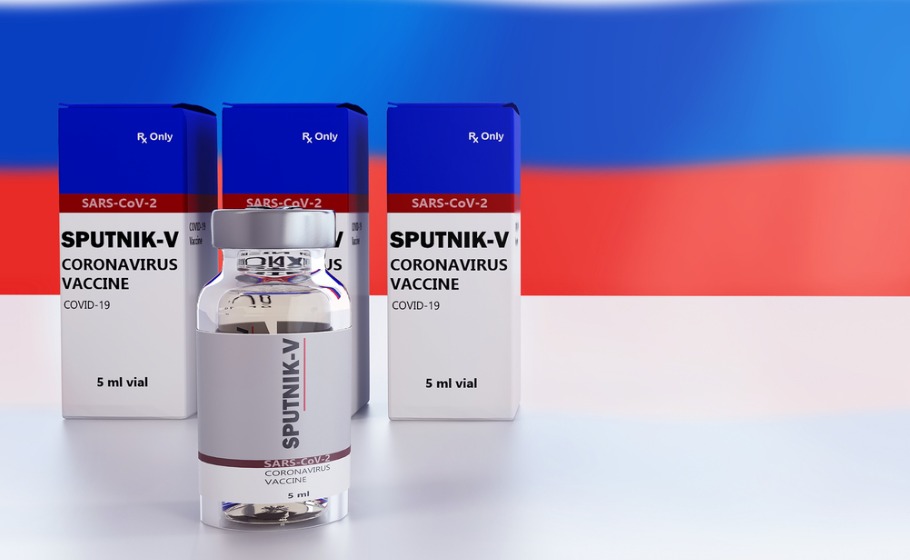
What’s slowing Russia’s Sputnik V in India?

Russia’s Sputnik V COVID vaccine, which was launched in India on May 1 after receiving approval from the drug regulator as early as the second week of April, is yet to be fully rolled out in the country because of slow production of the second dose.
Apart from this, pending WHO approval, heavy cold storage requirements, the surging COVID graph in Russia and low demand from private hospitals are to blame for the tardy pick-up in the vaccine’s usage in India, a report in News18.com said.
Earlier this year, Sputnik V had become the “world’s first registered vaccine against coronavirus”. It has been developed by Moscow-based Gamaleya National Research Institute of Epidemiology and Microbiology, and was registered by Russia’s Ministry of Health.
In India, the Russian vaccine is still not commercially available across the nation, and has been used in just 11.13 lakh doses of India’s total 116 crore vaccination.
Till early September, drugmaker Dr Reddy’s Laboratories — the sole distributor of Sputnik V in India under an agreement with the Russian Direct Investment Fund (RDIF) — had received around 31 lakh first dose components of Sputnik V, and about 4.5 lakh doses of the second dose component from Russia. The “mismatch” of stock of two doses held back the rollout of Sputnik V in India, News18.com reported.
The two-dose Sputnik V is made from two components – recombinant adenovirus vector 26 (also known as Ad26 or a prime dose) and adenovirus vector 5. Both Ad26 and Ad5 are common cold viruses affecting humans.
Sputnik’s biggest challenge reportedly lies in the production of the Ad5 viral vector – the second shot that is given 21 days after the first.
Also read: Woman vendor at Wuhan seafood market first Covid-19 patient, says study
“We partnered with major hospitals around India, and set up our cold chain infrastructure since the vaccine requires minus 18 degrees C temperature. In the June-August period, there were challenges with regard to the supply of the second dose component as imports were affected by the surge of COVID cases in Russia,” Dr Reddy’s spokesperson was quoted as saying.
The second dose supply problem was resolved in early September, but then a new problem cropped up – falling sales at private hospitals. “By September, in terms of the market situation, with heavy scale-up in overall vaccine production in India and free distribution through the government, private market sales overall started to see a sharp dip and Sputnik V was solely private,” the spokesperson said.
According to a senior government official quoted by News18.com, the ratio of production of the first dose to the second dose is about 5:1 as the second dose virus is slow growing. It means that only one second dose is manufactured for every 5 first doses manufactured.
“In India, the company entered into seven manufacturing tie-ups and only one has the vaccine experience — Panacea Biotec. Later, it went for collaboration with Serum Institute of India as well. But the output just did not happen on a scale,” an industry veteran reportedly said.

